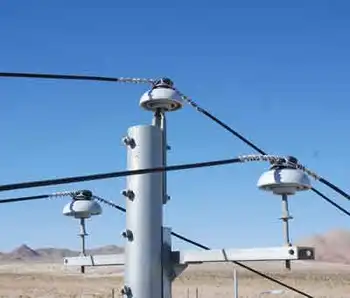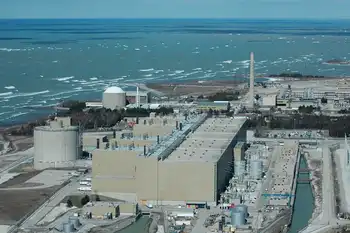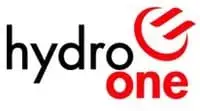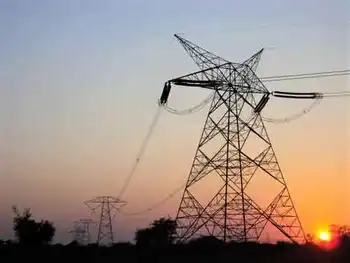AMD announces fast, energy-saving chip
SAN FRANCISCO, CALIFORNIA - Advanced Micro Devices (AMD) has started selling the new generation of its Opteron quad core processors for servers, nearly one year after Intel launched its own 45 nanometer chip.
After a troubled launch of its earlier Barcelona chip, AMD waited until the new chip, called "Shanghai," was actually in distribution to make its formal announcement.
The chip is called quad core because each core operates as an independent computing device on the same chip. The size historically refers to the smallest feature on a chip.
The Shanghai chip has high energy efficiency, AMD says. For example, it automatically turns off some parts of the chip when they are not in use, even for short periods of time, the company said.
The Shanghai is designed to work well with so-called virtualization, in which space is saved on servers by running separate "virtual" machines across drives, instead of requiring separate drives for each machine.
AMD said that two versions of the chip are available now, with enhanced versions available in early January.
IBM, Hewlett-Packard, Sun Microsystems and Dell are among 25 systems vendors who will be shipping machines this quarter with the new chip on board, AMD said.
AMD quoted a Hewlett-Packard executive in praise of the new chip. Paul Gottsegen, vice president of marketing for Industry Standard Service, said HP had "experienced unparalleled success over the past four years working with AMD in bringing AMD Opteron processor-based platforms to customers."
The company said that the processors are easier to replace than Intel's. Intel says that is not true.
AMD said it is looking to increase market share with the server. The market intelligence firm iSuppli said it had only 12 percent in the third quarter.
Related News

U.S. Electric Vehicle Market Share Dips in Q1 2024
NEW YORK - The U.S. electric vehicle (EV) market, once a beacon of unbridled growth, appears to be experiencing a course correction. Data from the U.S. Energy Information Administration (EIA) reveals that the combined market share of electric vehicles (battery electric vehicles, or BEVs) and hybrids dipped slightly in the first quarter of 2024, marking the first decline since the onset of the COVID-19 pandemic.
This news comes as a surprise to many analysts who predicted continued exponential growth for the EV market. While overall sales of electric vehicles did increase by 7% compared to Q1 2023, this growth wasn't…




